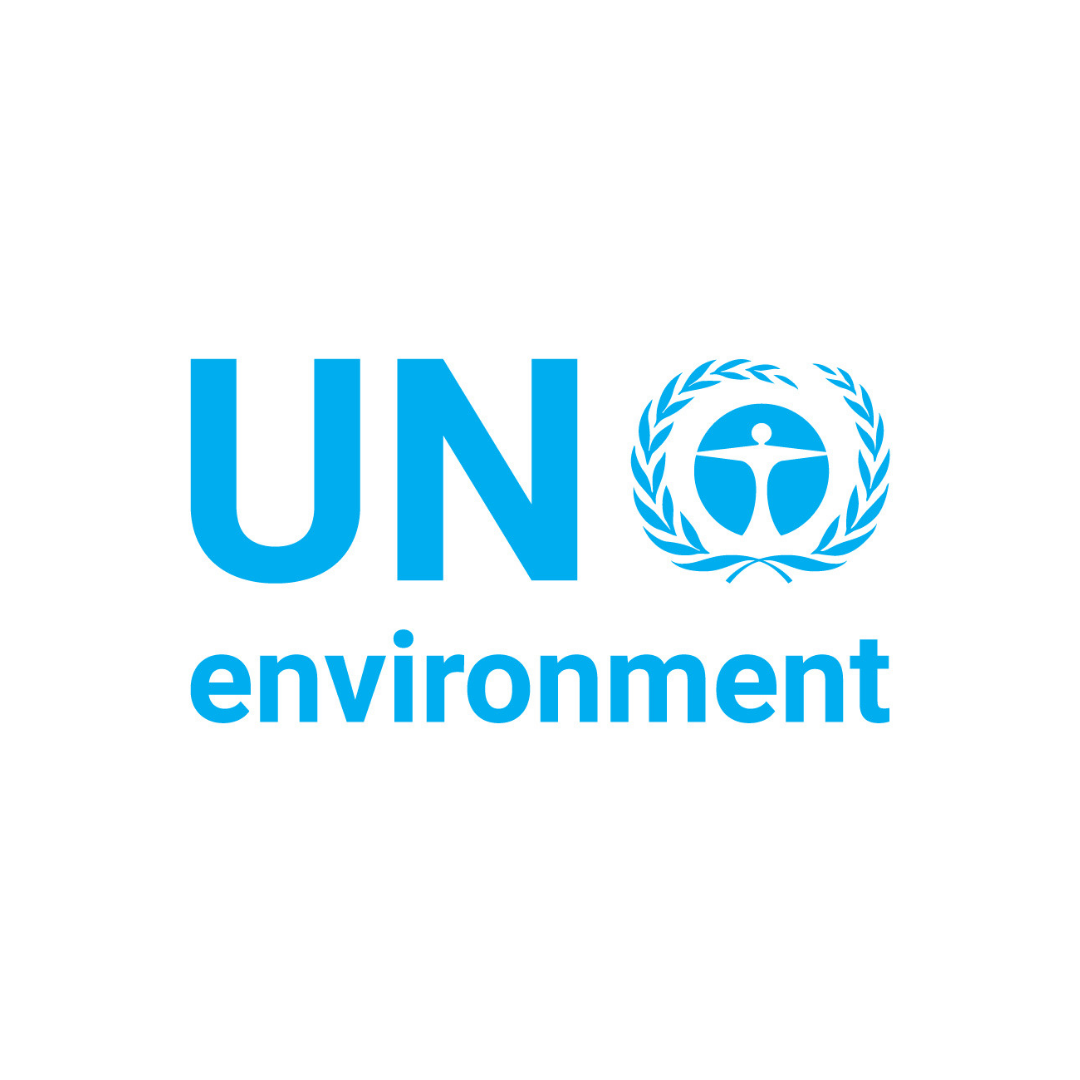
e-Launch of UNEP CEE project “Roadmap for Sustainable Textile Hub in India”
The Indian Textile Industry is the second largest employer after agriculture. From raw material to the finished product, this value chain affects every individual directly or indirectly. The advent of fast fashion has put the already competitive textile sector under tremendous pressure, and indirectly the textile value chain. Evolving technology and rapid industrialization are helping the large-scale industries to produce fabric effectively to meet the demands, in turn leading to more revenue generation and growth. However, small and medium-sized enterprises (SMEs) find it difficult to adapt to changes rapidly and hence are motivated to use sub-standard and hazardous ways of production to make the business profitable.
To minimize the negative environmental impacts of the Indian Textile Industry and to promote sustainable practices, mainstreaming knowledge of cleaner/circular production is essential. A dialogue is to be established to understand the needs of the stakeholders and communicate to them the policies and provisions in place.
In the light of the above UNEP in consultation with Department of Textile, Government of India, has conceptualized a study project – Roadmap for Sustainable Textile Hub in India. UNEP has further collaborated with the Centre for Environment Education, Ahmedabad to conduct the study. To facilitate this study, Surat, the textile city of Gujarat has been identified. Surat is one of the oldest textile hubs in India. About 30 million meters of raw fabric and 25 million metres of processed fabric are produced in Surat daily – ranging from manmade to the natural and technical fabric. Surat has multiple industrial clusters like Pandesara, Palsana, GIDC Sachin, Udhana, Kadodara and in the municipal area of the city which play host to different elements of the textile value chain and other industries.
With an objective to develop a sustainability roadmap, collaborative efforts of the stakeholders and relevant organizations are highly desirable. The project would have a multipronged approach and conduct a baseline survey and hotspot assessment of environment footprint of Surat textile cluster. During the course of the project training/capacity building sessions would also be organised to learn about the best practices in the sector.
The study would eventually lead us to device a detailed roadmap for a model Sustainable Textile Hub with possibilities of replication in other textile zones of the country. The outcome of the project is also expected to draw policy recommendations for sustainable transition of textile sector in India. In this context, it is proposed to formally launch the project on 15th April 2021, using a virtual platform. Relevant stakeholders from Surat as well as other industry associations from Gujarat will be invited.
The Launch function will be followed by a thematic panel discussion, to sensitize and inculcate awareness about the significance of the study to be undertaken.

